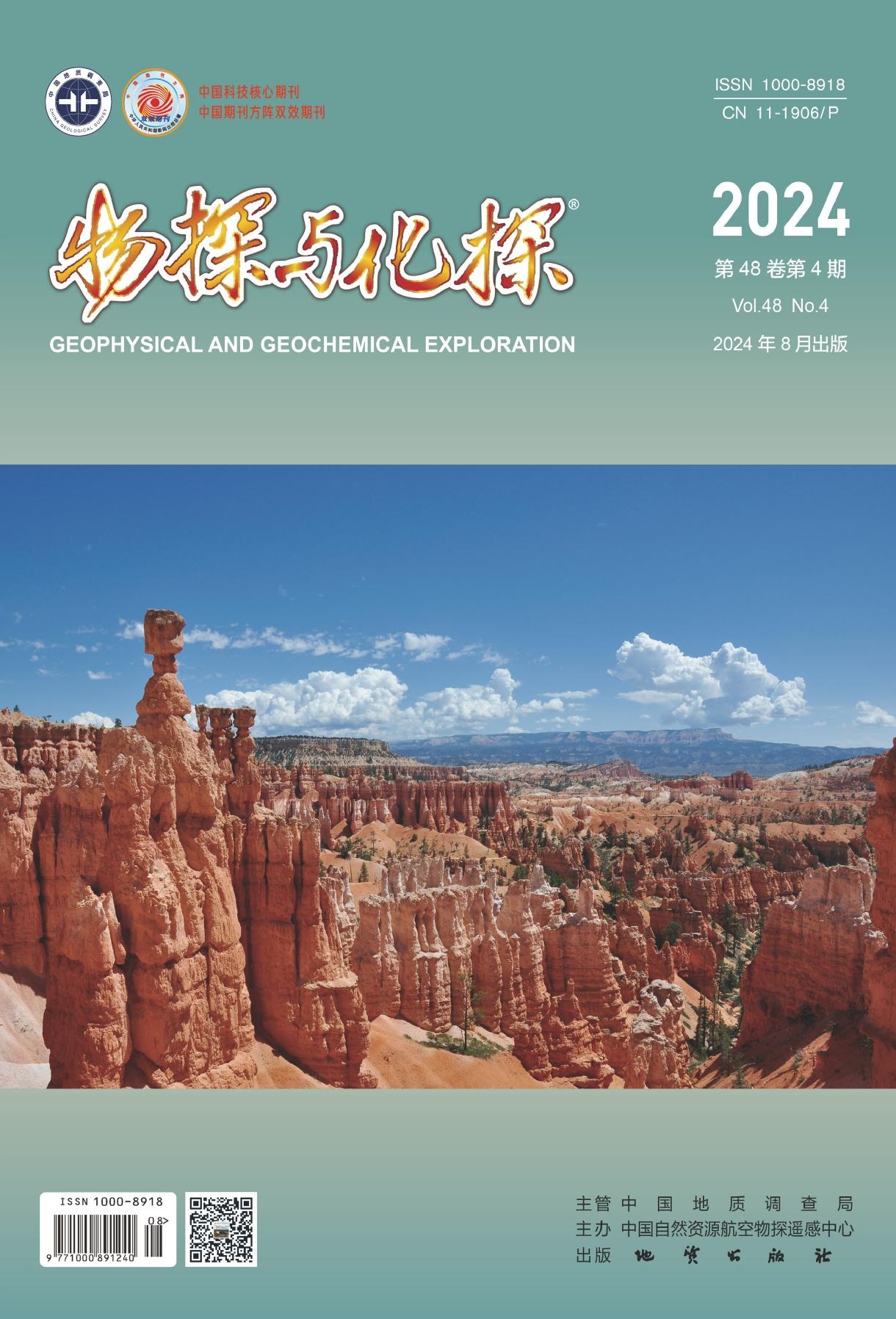ZHANG Li-Hua, PAN Bao-Zhi, SHAN Gang-Yi, A Ru-Han, ZHANG Peng-Ji. 2023. A new three-water model based on the complex resistivity-NMR joint survey experiment. Geophysical and Geochemical Exploration, 47(4): 1018-1023. doi: 10.11720/wtyht.2023.1481
| Citation: |
ZHANG Li-Hua, PAN Bao-Zhi, SHAN Gang-Yi, A Ru-Han, ZHANG Peng-Ji. 2023. A new three-water model based on the complex resistivity-NMR joint survey experiment. Geophysical and Geochemical Exploration, 47(4): 1018-1023. doi: 10.11720/wtyht.2023.1481
|
A new three-water model based on the complex resistivity-NMR joint survey experiment
More Information
-
Corresponding author:
SHAN Gang-Yi
-
Abstract
Three-water(free water,microcapillary water,and clay water) models are widely used in the interpretation of clastic reservoirs.However,these models involve many parameters,some of which are difficult to determine.The methods for determining these parameters are mostly based on the statistics of a large amount of experimental data in study areas.To solve the multi-parameter problem in the application of three-water models,this study proposed a new method to calculate the cation exchange capacity based on the complex resistivity data.Accordingly,it built a new three-water model.Then,it determined the parameter values of the three-water model using nuclear magnetic resonance (NMR) data combined with the optimal genetic algorithm.The resistivity of the completely water-saturated rock samples calculated from these parameters had a relative error of 0.3417 compared to the resistivity obtained from experimental measurements.The method proposed in this study is simple and easy to use.Moreover,this method does not rely on too many experimental data but requires only complex resistivity and NMR experimental data.Therefore,this method can be used as a reference for determining the parameters of new three-water models of other areas.
-

-
-
Access History







 DownLoad:
DownLoad: